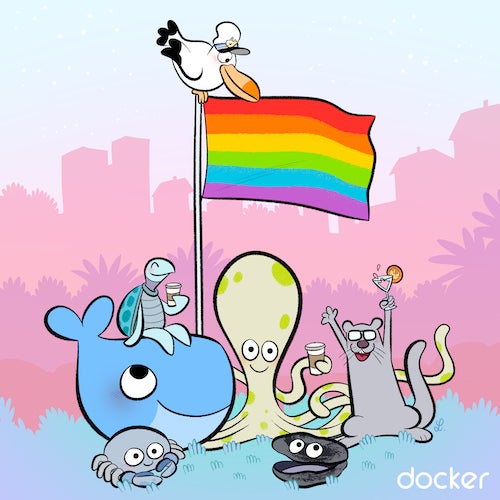Supporting openEHR with Azure Health Data Services
This blog post is co-authored by Trent Norris, Cloud and Data Partner Alliances, HLS.
This blog is part of a series in collaboration with our partners and customers leveraging the newly announced Azure Health Data Services. Azure Health Data Services, a platform as a service (PaaS) offering designed exclusively to support Protected Health Information (PHI) in the cloud, is a new way of working with unified data—providing care teams with a platform to support both transactional and analytical workloads from the same data store and enabling cloud computing to transform how we develop and deliver AI across the healthcare ecosystem.
Microsoft Cloud for Healthcare and the Azure Health Data Services product engineering team are committed to global patient health information interoperability. We believe interoperability is table stakes to unlock and derive a more comprehensive assessment of the available clinical evidence.
In order to accomplish this connected interoperable data flow, we have built Azure Health Data Services around HL7v2, CCDA, FHIR, DICOM, and other connected standards and common schemas. Aligning to these common standards and schemas enables Microsoft’s partner-led strategy and GTM engagement with organizations that include but aren’t limited to openEHR, Better, EY, and EPAM.
Azure Health Data Services is the first of its kind to unify diverse data types in the same data store at the patient level as you bring it into the cloud, which means you can view structured, unstructured, and imaging data together for a holistic, real-time view—in just minutes. With the service, you can search and query across your data using a unified Fast Healthcare Interoperability Resources (FHIR®) structure and deploy a suite of services to connect it rapidly to the technology you need. Whether you’re blending patient data with population health data sets for AI development and analytics, visualizing data for operational efficiencies, deploying patient engagement tools for personalized care, or querying imaging metadata alongside clinical data using our new DICOMcast feature, Azure Health Data Services work with your existing systems to enhance what you’re doing today. It’s also built on open standards to ensure you can support new solutions and innovations yet to come.
We are major supporters and members of the openEHR foundation. We believe their commitment to open specifications, clinical models, and software that can be used to create and build solutions for healthcare is closely aligned to our mission here at Microsoft. Providing rich pipelines for the data into the cloud, where you can integrate analytical tools such as Azure Synapse or Data Bricks with healthcare’s transactional systems of record. We believe FHIR (with SMART on FHIR) is the standard that complements openEHR by acting as the USB exchange connector that will standardize access for other Microsoft Azure Services and FHIR application ecosystems.
Do more with your data with Microsoft Cloud for Healthcare
With Azure Health Data Services, health organizations can transform their patient experience, discover new insights with the power of machine learning and AI, and manage PHI data with confidence. Enable your data for the future of healthcare innovation with Microsoft Cloud for Healthcare.
We look forward to being your partner as you build the future of health.
Learn more about Azure Health Data Services.
Learn more about Microsoft Cloud for Healthcare.
Learn more about how health companies are using Azure to drive better health outcomes.
®FHIR is a registered trademark of Health Level Seven International, registered in the U.S. Trademark Office, and is used with their permission.
Quelle: Azure






